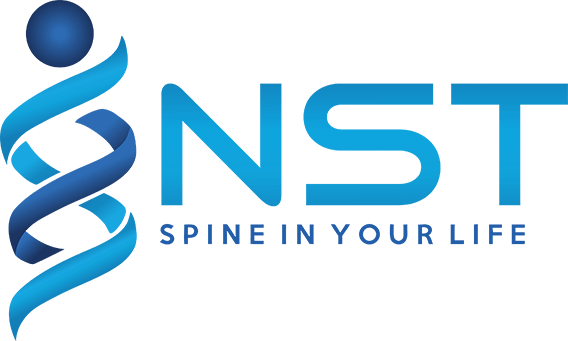Imagine a bridge connecting your mind and body. This bridge, facilitated by a network of nerves, hormones, and other signals, plays a crucial role in maintaining your overall health and well-being. Recent research sheds light on a fascinating aspect of this connection: how your thoughts and emotions can directly impact your cellular energy production.
The Powerhouse of Your Cells: Mitochondria
Every cell in your body contains tiny organelles called mitochondria. Often referred to as the cell’s “powerhouse,” mitochondria are responsible for generating energy through a process called oxidative phosphorylation. This energy fuels all bodily functions, from thinking and breathing to muscle movement and organ function.

The Bidirectional Link: Stress and Mitochondrial Health
Studies have found a surprising two-way relationship between stress and mitochondrial function. Chronic stress, whether emotional or physical, can negatively impact your mitochondria, leading to decreased energy production. This can manifest as fatigue, difficulty concentrating, and a weakened immune system.
The Role of NST in Supporting Mitochondrial Health
NeuroStructural Integration (NST) is a holistic therapy that focuses on restoring the body’s natural alignment and balance. This approach can improve nervous system function, which plays a vital role in regulating stress hormones and supporting cellular communication. By addressing underlying structural imbalances, NST can indirectly contribute to better mitochondrial health.

Strategies for a Stress-Resilient Mind and Body
While the specific cause-and-effect relationship between mental well-being and mitochondrial function requires further exploration, there are several strategies proven to promote overall health:
- Manage Stress: Techniques like regular exercise, meditation, yoga, and spending time in nature can combat stress and promote relaxation.
- Optimize Sleep: Getting enough quality sleep is vital for both physical and mental health, allowing your body to repair and rejuvenate.
- Nourish Your Body: A balanced diet rich in whole foods, fruits, and vegetables provides your body with the nutrients it needs for optimal cellular function.
- Prioritize Movement: Regular physical activity promotes healthy blood flow, improves circulation, and can significantly improve mood.
- Develop Positive Habits: Cultivating gratitude, positive self-talk, and engaging in activities you find enjoyable can promote a sense of well-being and emotional resilience.
Conclusion
Understanding the connection between your thoughts, emotions, and cellular energy production empowers you to take charge of your health. By incorporating stress management strategies, prioritizing healthy habits, and potentially exploring therapies like NST, you can cultivate a strong and resilient mind-body connection, paving the way for a healthier and happier life.



